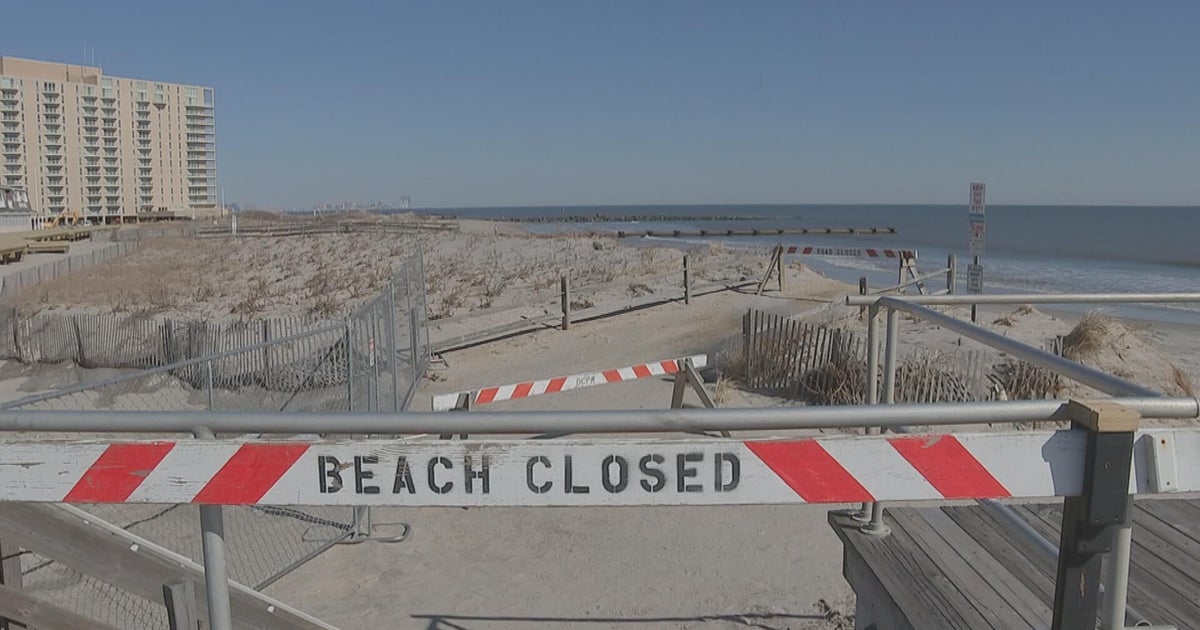Scientists Look To Combat Toxic Clinging Jellyfish In New Jersey
MONTCLAIR, N.J. (CBSNewYork) -- Scientists are looking for ways to control clinging jellyfish in New Jersey.
The dime-sized creatures, which have a toxic sting that can cause extreme muscle pain and sometimes paralysis, have been detected in the Shrewsbury and Manasquan rivers.
Montclair State University biology professor Jack Gaynor said so far the Barnegat Bay is clear.
"We have not seen anything at all in Barnegat Bay," Gaynor said. "So I think right now Barnegat Bay and all the tributaries that feed into Barnegat Bay are fine."
Gaynor said a DNA analysis shows a pretty close match with a jellyfish found in Asia and he believes it likely came over after latching onto a container ship.
"One way you might control them is by trying to scrub and clean polyp populations off of docks and bulkheads, but that's a very, very difficult thing to do," Gaynor said.
Scientists are experimenting with natural controls.
"Tiny creatures called sea slugs that are native to New Jersey waters," Gaynor said adding, "Sea slugs naturally love to eat jellyfish polyps."







